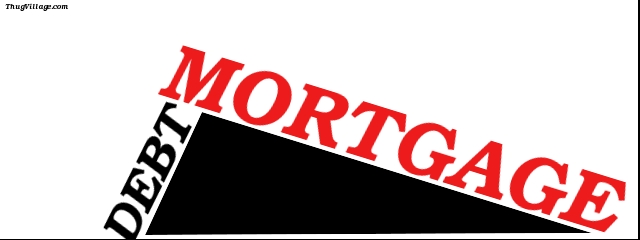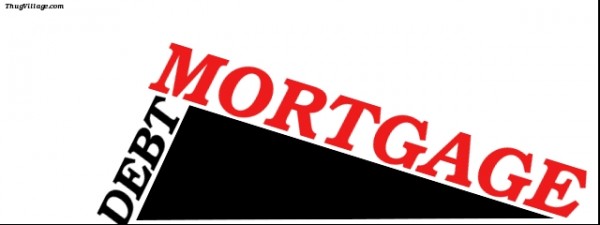Finance
7 Things To Think About When Choosing A Mortgage Broker

The mortgage loan program you agree to is arguably as important as the home you decide to purchase, and your mortgage broker is an integral piece of that puzzle. Here are seven things to think about when choosing a mortgage broker:
It is very easy to check out a broker’s reputation. These days, you can conduct your own investigation into a broker’s history, expertise, and work ethic from the comfort of your own home. Search the web to read customer reviews, look into complaints with the Better Business Bureau, verify a broker’s state licensing, and find out about any professional association affiliations the broker has.
Not all brokers have licensing. Not every state requires a mortgage broker to have a license, and less than a third of all American states require by law that loan officers by licensed. This means that lenders and mortgage brokerages can hire people to work your loans with very little formal training and/or proof of expertise. When shopping mortgage brokers, be sure to ask about licensing.

Criminal background checks are important. Your mortgage broker will be handling what is likely to be the biggest single investment you will make in a lifetime. It is important you know that this person has a history of being trustworthy, and a criminal background check can help prove that. Such checks are standard hiring/licensing requirements in many states, so make sure that your mortgage broker of choice can provide you with a clean history.
Brokers’ interests might conflict with yours. Lenders build an incentive into interest rates, offering more money to brokers the higher the interest rate they give their customers. Additionally, lender rebates (called points) are based on a percentage of the loan amount, meaning the more money you borrow, the more money a broker gets paid.
Brokers have little to no incentive to provide you with the best loan for your needs. Their interests come down to their own income (as previously mentioned), as well as providing a sound return for their investors and staying competitive in the market. Approach the loan shopping process with skepticism and study your proposed loan in-depth before signing on the dotted line.
Get it in writing. Now you know to compare brokers. As part of the comparison process, be sure to get everything they quote you in writing. A Good Faith Estimate (GFE) should contain all of the details of your proposed mortgage program and your mortgage broker of choice should be able to fill in all the blanks and answer all of your questions about each item on the form.
Signs of a shady mortgage broker. Look for the following warning signs that you are working with the wrong individual, before you commit to any mortgage loan: You are offered a rate before the broker asks you a whole lot of detailed questions, the broker asks for money up front, or you are pressured to either apply for the loan or have your credit pulled.
The world of mortgage lending is fraught with danger for the average homebuyer. Do some homework in advance by visiting sites like mortgages.com so you understand the industry and know what to ask. Get your leg up by keeping these pointers in mind when choosing your mortgage broker.
-

 Tech11 years ago
Tech11 years agoCreating An e-Commerce Website
-

 Tech11 years ago
Tech11 years agoDesign Template Guidelines For Mobile Apps
-

 Business6 years ago
Business6 years agoWhat Is AdsSupply? A Comprehensive Review
-

 Business10 years ago
Business10 years agoThe Key Types Of Brochure Printing Services
-

 Tech8 years ago
Tech8 years agoWhen To Send Your Bulk Messages?
-

 Tech5 years ago
Tech5 years ago5 Link Building Strategies You Can Apply For Local SEO
-

 Law5 years ago
Law5 years agoHow Can A Divorce Lawyer Help You Get Through Divorce?
-

 Home Improvement6 years ago
Home Improvement6 years agoHоw tо Kеер Antѕ Out оf Yоur Kitсhеn



































